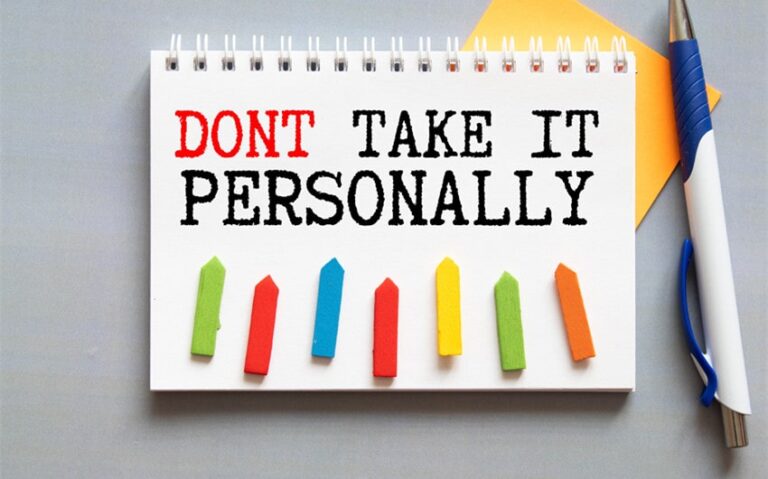How to Help a Friend Through a Breakup: 10 Ways to Support
When a close friend is going through a breakup, it can be tough to figure out how to help a friend through a breakup in a way that’s truly supportive. You want to offer comfort and guidance, but it’s easy to worry about saying the wrong thing or overstepping boundaries.
In this article, we’ll explore practical ways to support your friend, offer comfort, and create a safe space for them to heal. Let’s dive into how you can make a difference during one of life’s most challenging moments.
How to Help a Friend Through a Breakup

1. Listen Actively and Without Judgment
One of the most important ways to support your friend is simply by being there to listen. When your friend is going through a breakup, they might be feeling a whirlwind of emotions—from anger and sadness to confusion or even relief. Rather than offering advice right away, give them space to talk.
Practice active listening: make eye contact, nod in understanding, and refrain from interrupting. Let them express their feelings without judgment. Sometimes, just having someone who genuinely listens can provide immense comfort. You don’t need to have all the answers, just a willingness to hear them out.
2. Offer Comfort and Empathy
Emotional validation can make a world of difference. Let your friend know that what they’re feeling is normal, even if it’s hard to understand. Everyone processes breakups differently, and they might go through phases of denial, anger, sadness, and eventual acceptance.
Acknowledge their pain by saying things like, “I can’t imagine how hard this must be for you,” or “It’s okay to feel upset; you’re going through a lot.” Make sure to avoid trivializing their feelings with statements like, “It wasn’t meant to be” or “You’ll get over it soon.” These can feel dismissive, even if that’s not your intention.
3. Respect Their Need for Space, But Stay Present
Your friend might need time alone to process everything, and that’s perfectly okay. However, it’s important to let them know that you’re still there for them, even if they need some solitude. Reach out to check in—send a text, call, or offer to hang out when they’re ready.
Don’t pressure them to “move on” or constantly be social when they’re not up for it. Everyone heals at their own pace, and sometimes, having the freedom to be alone with their thoughts is part of that process. Let them know that when they’re ready for company, you’ll be there, no questions asked.
4. Encourage Healthy Coping Mechanisms
It’s natural to want to escape the pain of a breakup, but unhealthy coping mechanisms like excessive drinking, isolating oneself, or jumping into another relationship too quickly can make things worse in the long run. Gently encourage your friend to engage in activities that nurture their well-being.
Suggest going for a walk together, doing something creative, or even starting a new hobby. Physical activity, like going to the gym or yoga, can also help release pent-up emotions and boost their mood. While you can’t force them to do these things, offering these options can steer them in a healthier direction without being pushy.
5. Help Them Navigate the Practicalities
Breakups aren’t just emotional; they often involve logistical challenges. Your friend may need help handling the practical side of things, whether it’s moving out of a shared apartment, returning belongings to their ex, or even dealing with financial matters.
Offer to assist in a way that feels natural. You could help them organize their things, move furniture, or simply accompany them while they pick up personal items from their ex’s place.
Sometimes, these tasks can feel overwhelming, and having a trusted friend by their side can ease the stress and make the process more manageable. Just remember to respect their boundaries—some people may want to handle certain things on their own.
6. Avoid Pressuring Them to “Move On”
One of the most common (and frustrating) things friends often say is, “It’s time to move on.” But healing takes time, and pushing someone to “get over it” can make them feel misunderstood or rushed. Instead of focusing on how quickly they should be over the breakup, encourage them to feel their emotions at their own pace.
Reassure them that it’s okay to grieve and that there’s no specific timeline for healing. When your friend feels supported without pressure, they’ll be more likely to process their feelings in a healthy way. Remind them that their emotions are valid, and healing can be a slow but rewarding journey.
7. Be Mindful of What You Say
It’s easy to slip into offering well-meaning but sometimes unhelpful advice. Phrases like “There are plenty of fish in the sea” or “You’ll find someone better” can feel dismissive of your friend’s pain. While you might think you’re offering comfort, these words may actually make them feel like their emotions are being trivialized.
Instead, focus on providing empathetic, supportive language. Acknowledge how hard it is with statements like, “I’m so sorry you’re going through this. You don’t deserve to feel this way.” This validates their pain without trying to rush the healing process or downplay the difficulty of their experience.
8. Help Them Rediscover Their Identity Post-Breakup
A breakup can leave a person questioning their identity, especially if they’ve been in a long-term relationship. After all, they were once part of a couple, and now they have to rediscover who they are on their own.
Encourage your friend to explore activities or passions they might have put aside during the relationship. This could mean going back to old hobbies, taking up something new, or focusing on personal goals they may have set aside.
Help them see that their worth isn’t defined by their relationship status. Remind them that this period is an opportunity to reconnect with themselves, grow, and find new sources of joy.
9. Know When to Suggest Professional Help
While your support is important, there may come a time when your friend needs more than just emotional support from a friend. If their grief persists for months, or if they’re struggling to function day-to-day, it may be a sign that they need professional help.
Gently suggest that they talk to a therapist or counselor, especially if you notice signs of depression, anxiety, or unhealthy coping mechanisms. Reassure them that seeking professional help is a positive step, not a sign of weakness.
Sometimes, having a trained professional guide them through the healing process can make a huge difference in how they process their emotions and move forward.
10. Stay Consistent in Your Support
Breakups can drag on for longer than expected, with emotional ups and downs along the way. It’s important to maintain consistency in your support, even when the initial shock of the breakup fades. While it might feel like they should be “over it” by now, they may still need your presence in their life.
Continue checking in, offering emotional support, and being a reliable friend, even as time goes on. Your ongoing care and patience will help your friend feel less alone during this challenging chapter. Even after the worst of the breakup has passed, your friend will appreciate that you stuck by them through it all.







